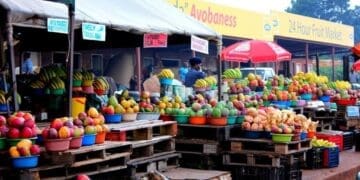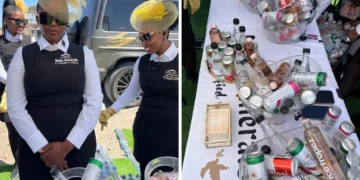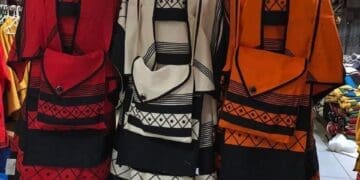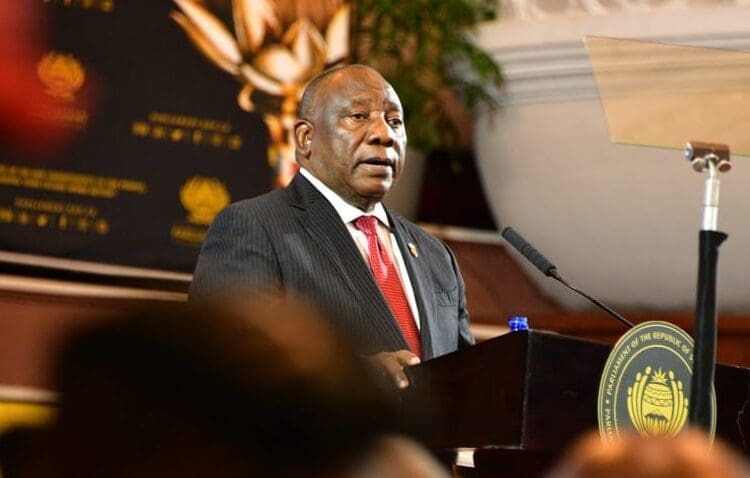By Azwidohwi Mamphiswana, Excel Fongoma and Noko Mashilo
As South Africa prepares for the first State of the Nation Address (SONA) under the Government of National Unity (GNU) this evening, the small business sector is calling for more than promises.
During the 2024 SONA 2024, President Cyril Ramaphosa emphasised the government’s commitment to supporting small businesses.
“We will continue to position our economy to grow and compete in a fast-changing world, to support small businesses, to give young people economic opportunities, and to provide social protection to the vulnerable.”
However, many small business owners feel these promises have yet to deliver meaningful results.
“Loans are still too expensive for small businesses to thrive,” says Gracious Madavha, a hair salon business owner from Limpopo. High interest rates continue to hinder entrepreneurs’ ability to access capital, despite promises of improved financial support.
Regulatory red tape also remains a significant challenge. While the government promised to simplify business registration and reduce compliance costs, many entrepreneurs continue to face complicated and time-consuming processes.
“The red tape is too much. They require many documents, and the process makes it hard for us to apply for funding,” Madavha adds. Build One South Africa (BOSA) has also raised concern about the slow progress in reducing bureaucratic obstacles. Despite the creation of a red tape reduction team in 2022, small businesses are still burdened by excessive bureaucracy that delays economic growth and investment. BOSA argues that small businesses remain “stifled by excessive bureaucracy.”
Energy reliability remains a critical issue, with ongoing load shedding severely impacting small businesses. Masechaba Lerato, a Pretoria-based bakery owner, said load shedding is still hurting small businesses.
“Last Saturday, I couldn’t bake for all my orders as the power cut only returned after a long period without load shedding. It’s hard to plan when we can’t rely on consistent power.”
Azwifaneli Ralukake (59) of FT Aluminium and Glasses in Pimville, Soweto said he is not expecting much from the SONA.
“It will be the same old story of talks with no implementation. I run my business from the backyard and SONA will tell me about access to finance and funding from SEDA and DTIC. Access to these loans, grants and incentives requires you to break a wall to go through. Their system is a barrier,” said Ralukake.
He further said in South Africa, we have political power, not economic power. “This makes things difficult. It is like we are still under apartheid. I wish the government can increase support for SMMEs funding with a new system that does not have many requirements that we do not have,” he lamented.
Ralukake wishes one day, through a newly revised funding system, he could move from his backyard and operate from a well-structured workshop. “I am ready to adhere to various regulations, standards and best practices to ensure safety and quality,” said Ralukake.
He also said he would be happy if the SONA could speak about reducing red tape that makes it difficult for SMMEs to operate. “Most of the online applications are not user-friendly. You will take forever to apply and register,” said the worried businessman.
Initiatives to support women’s organisations and networks, with a specific focus on economic empowerment and social development are among the most anticipated topics to feature in the SONA this evening.
Lerato Sello, Director of Monpetra Projects, a women-led SMME focusing on community-based development, is one of many entrepreneurs who are keenly awaiting the president’s speech. She hopes that Ramaphosa will announce measures that prioritise women’s roles in South Africa’s economic recovery.
“Women are at the forefront of driving economic change in this country. However, there are still significant barriers we face ranging from limited access to resources and capital to gender-based challenges in business networks,” said Sello.
One of the key areas that SMMEs like Monpetra Projects are hoping the president will address is the need for comprehensive skills development programs. According to Sello, training in areas such as entrepreneurship, leadership, and digital literacy is essential for empowering women in business.
























































